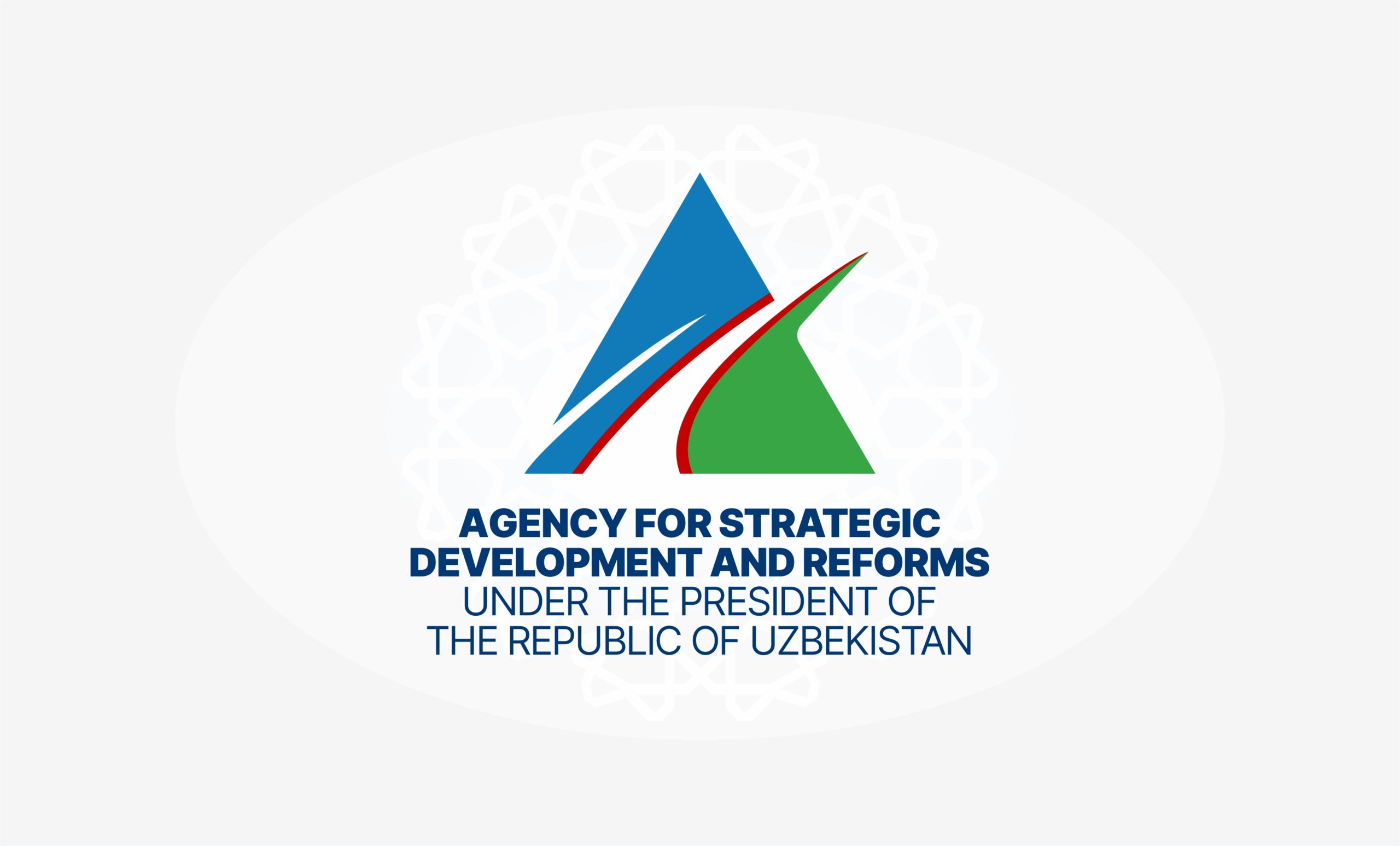The President of the Republic of Uzbekistan has signed a Decree “On Measures to Organize the Implementation of the Strategic Planning and Development System.”
The pace of reforms in Uzbekistan remains dynamic. All sectors of the economy and public life are evolving in line with contemporary demands. Numerous plans and programs are being adopted, reflecting the initiatives of ministries and regional authorities. This, in turn, has highlighted the need for better coordination and alignment of these efforts under unified principles and standards.
To address this, the Agency for Strategic Reforms conducted a comprehensive review of 138 strategic documents adopted between 2017 and 2025. These included 43 strategies, 94 concepts and 1 long-term program. The analysis revealed that their structure, content, and timeframes differ significantly, while linkages between sectoral and regional documents remain weak.
There are many successful international models in this field.
For instance, France, Russia, Latvia, Serbia, China, and South Korea have clearly defined procedures and hierarchies for developing, monitoring and evaluating strategic planning documents. Drawing on these global practices and analytical findings, the new Presidential Decree introduces a unified and comprehensive system of strategic planning and development in Uzbekistan.
Starting from November 1, 2025, the system will govern the development, implementation, monitoring, and evaluation of all key strategic documents, based on the “goal – action – result” principle.
The Decree also establishes a clear hierarchy and classification of strategic planning documents:
First-level documents – Concepts: These outline the main policy priorities for the medium and long term. They are developed for a period exceeding seven years and are generally approved by laws of the Republic of Uzbekistan. Concepts serve as the foundation for drafting national and sectoral strategies.
Second-level documents – Strategies: These are designed to guide the development of the country, specific regions, sectors, or industries.
They include clear goals, objectives, and performance indicators and are typically approved by Presidential decrees.
Third-level documents – Programs: These specify concrete measures to achieve the objectives set out in strategies. They are developed for a period of one to three years and are approved by decrees or resolutions of the President or the Cabinet of Ministers.
Ensuring the interconnection, consistency, and effectiveness of these processes is now a key priority. For this purpose, a Coordination Council for Strategic Planning and Development is being established under the President of the Republic of Uzbekistan. The Council’s decisions will be binding on all state bodies and organizations.
The Agency for Strategic Reforms, which has been responsible for organizing work in this area and regulating the preparation of strategic documents, has now been transformed into the Agency for Strategic Development and Reforms under the President of the Republic of Uzbekistan.
The new Agency has been assigned six additional functions, including the preparation and coordination of draft regulatory legal acts related to strategic reforms. Furthermore, project offices on industrial development, regional development, and international cooperation are being established within the Agency’s structure.
To ensure consistency between national, sectoral and regional documents, the Agency will coordinate the activities of strategic planning divisions in ministries and agencies, as well as information-analytical groups under the Council of Ministers of the Republic of Karakalpakstan, regional and Tashkent city administrations. The heads of these divisions and groups will be given the status of advisors to the heads of their respective institutions and their appointment or dismissal will be coordinated with the Agency.
The Decree also clarifies key concepts related to the strategic planning system and establishes criteria for identifying regulatory legal acts that provide for strategic reforms.
The document further addresses capacity-building and training. Employees of ministries, agencies and local administrations engaged in strategic planning will undergo specialized courses on strategic development, analysis and performance management at the Academy of Public Policy and Management.
Overall, this Presidential Decree lays the foundation for a unified national system of strategic planning and development. It will ensure the coordinated and results-oriented work of ministries, agencies and all levels of local government, ultimately promoting the sustainable growth of industries and regions across Uzbekistan.






